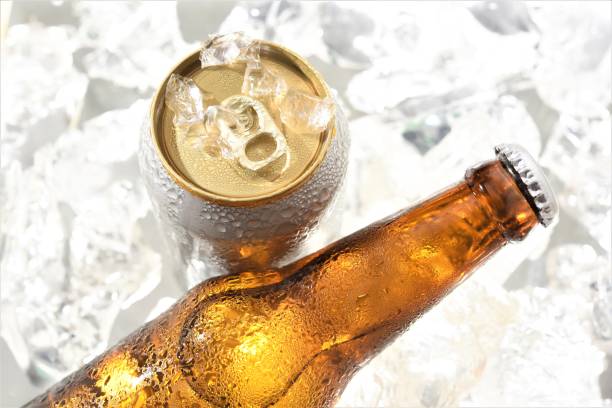Lifestyle News: Fashion, Health, Relationships & More | The Mirror - Graphic Online

Should I sue bar owner or manufacturer of wine for damages?
I have warned the bar owner not to sell him any drinks at all because I think it is just an excuse to stay out of the house. Last week, I was at the salon getting my nails done when I received a call that my husband had been rushed to the hospital.
He had drunk his favourite bottle and later discovered that pieces of broken glass and three cockroaches had formed the foundation of the drink. He is fine now and thankfully, he has vowed never to go near alcohol again.
![]()
However, I want to know if an action can be brought against the bar owner or whether we should rather sue the manufacturers of the wine for damages?
Anita Sweet, East Legon.
Dear Anita, The position of the law on this issue is quite straightforward and is discussed under a branch of Tort law known as manufacturer’s liability.
The principle governing manufacturer’s liability was outlined in the case of Donoghue vs Stevenson to the effect that, “A manufacturer of products which he sells in such a form as to show that he intends to reach the ultimate consumer in the form in which they left him with no reasonable possibility of intermediate examination and with knowledge that the absence of reasonable care in the preparation of putting up of the products will result in an injury to the consumer's life or property owes a duty to the consumer to take that reasonable care.”
In that case, the appellant’s friend bought ginger-beer which had been manufactured by the respondents and sold by a retailer. The appellant noticed a decomposed snail floating out of the bottle after a second glass had been poured out for her.
She became ill and claimed damages. The court held that the manufacturers owed the appellant a legal duty to ensure that the bottle did not contain noxious substances. Thus, the manufacturers were liable to the appellant for breach of that duty.
In subsequent cases, the courts have expanded the principle by explaining the key words in the principle. Thus, in order to determine whether to sue the bar owner or the manufacturers of the drink, you must ensure that the key words espoused in the principle have been satisfied.
However, in this writeup I will only discuss the principles that are key since most of the other principles are self-explanatory. The principle first requires that the person to be sued must be a manufacturer.
A manufacturer has been described in case law to include masons, repairers and assemblers. Suppliers may in certain cases be described as manufacturers where they have worked on the articles provided.
The next key term is products. This may include any item capable of being used internally or applied externally or even for use on other items.
Moving on, the claimant must be the ultimate consumer. This term refers to a user of the product irrespective of whether he is known to the manufacturer or not. This includes persons who are foreseeably harmed by the product.
Also, there should be no reasonable possibility of intermediate examination. This means that the product should be sealed in such a way that only the consumer will have an opportunity to detect any defect either during or after the product has been used.
In the case of Aboagye vs Kumasi Brewery Ltd, the plaintiff found a rotten palm nut in the beer bottle he was drinking from. During the night, he vomited and had frequent stools which was later diagnosed by a doctor as food poisoning. The plaintiff brought an action claiming damages for the injury he had suffered as a result of the negligence of the defendants.
The court held that the defendants were liable to the plaintiff for damages despite their claim that they had a fool-proof system for the manufacture of their drinks. The court was also of the view that since the plant was being handled by humans, the case showed a clear failure on the part of an employee to exercise due care.
Also, in the case Overseas Breweries Ltd vs Acheampong, the respondent had sued the appellants for an injury he had suffered after drinking a bottle of beer which had been manufactured by the appellants. The bottle was found to contain kerosene.
The appellants appealed on the ground that once the trial judge had found their system to be highly supervised, it had negated any charge of negligence against them.
The Court of Appeal held that since the kerosene was indeed in the bottled beer, it was the duty of the appellants to explain that the kerosene might have gotten into the beer without any negligence on their part. The appellants failed to do this and as such, the appeal failed.
In conclusion, you can bring an action against the manufacturers of the wine and not the bar owner. This is because the bar owner does not come under the principle outlined above.
Your husband may claim damages for the injury he suffered as a result of the negligence of the manufacturers.
